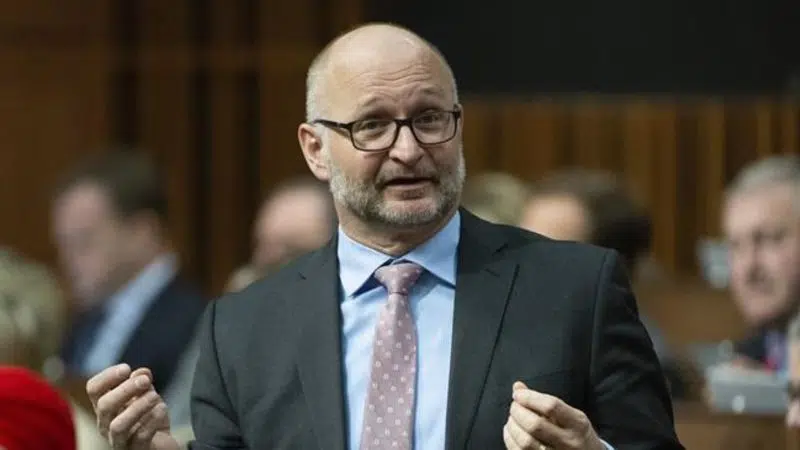
Growing support for separating roles of justice minister and attorney general
OTTAWA — Federal Justice Minister David Lametti is publicly musing about whether Canada should consider separating the offices of its attorney general and its minister of justice in the wake of the SNC-Lavalin controversy, an idea that has backing from others who know the job intimately.
The woman at the centre of the political storm has herself called for this separation to be studied. As part of her explosive testimony to the House of Commons justice committee earlier this week, Jody Wilson-Raybould said she believes there is merit in the committee studying splitting the roles of attorney general and justice minister.
The justice minister is a political executive who answers to the prime minister, in charge of a federal department with major lawmaking responsibilities. The attorney general is an independent legal officer with final authority on how to handle prosecutions through the Public Prosecution Service of Canada and a duty to keep partisan concerns out of those decisions.


